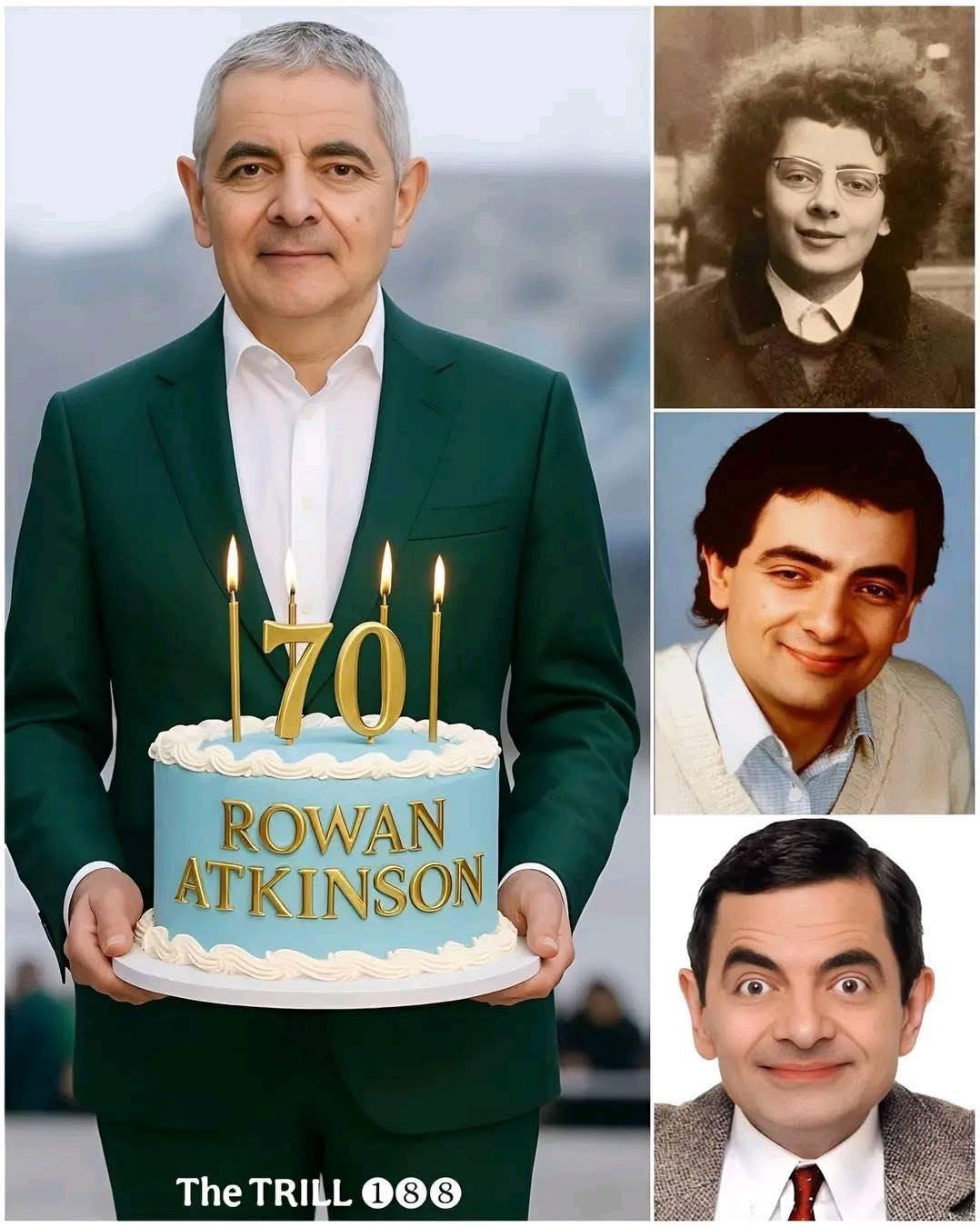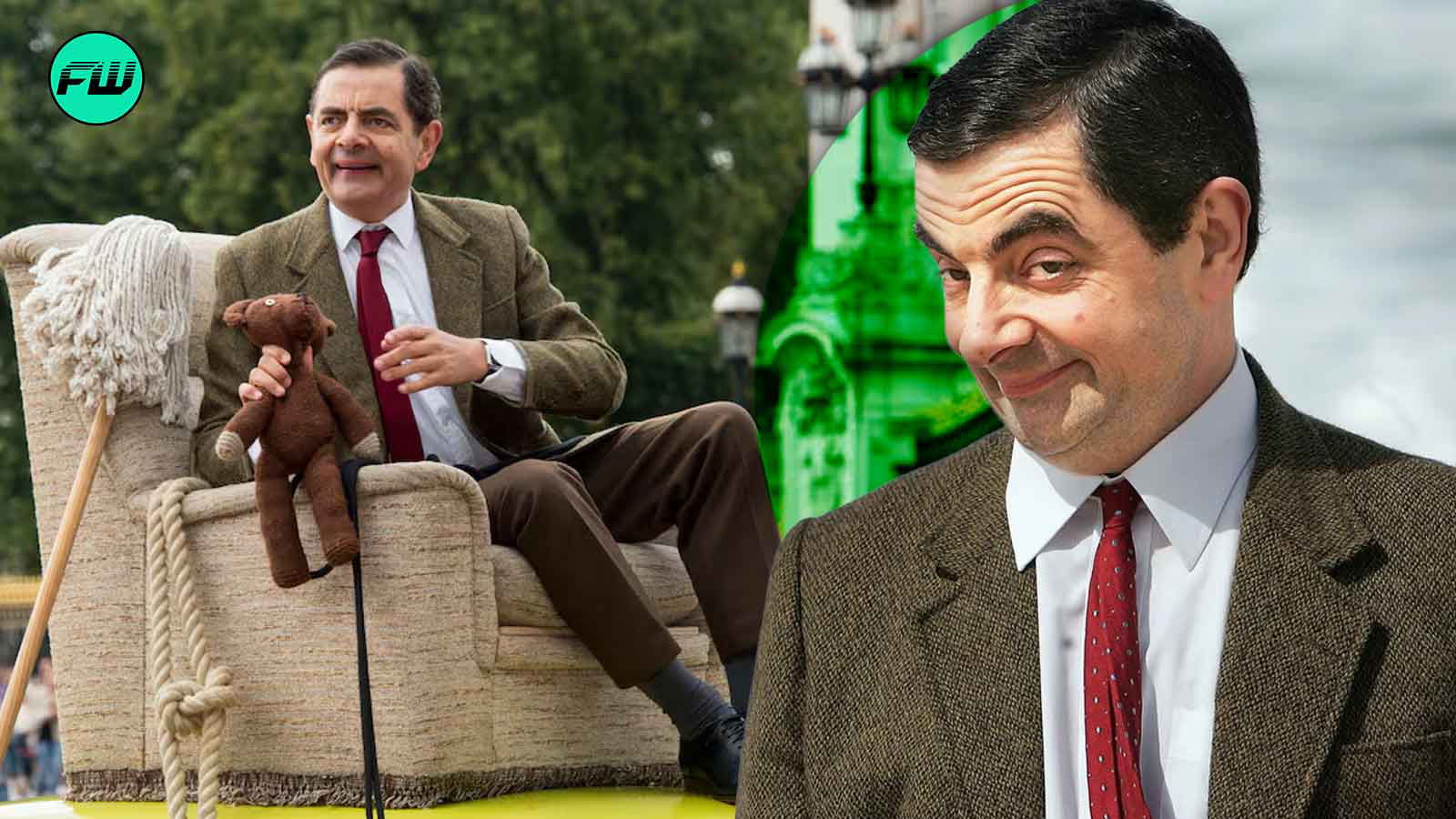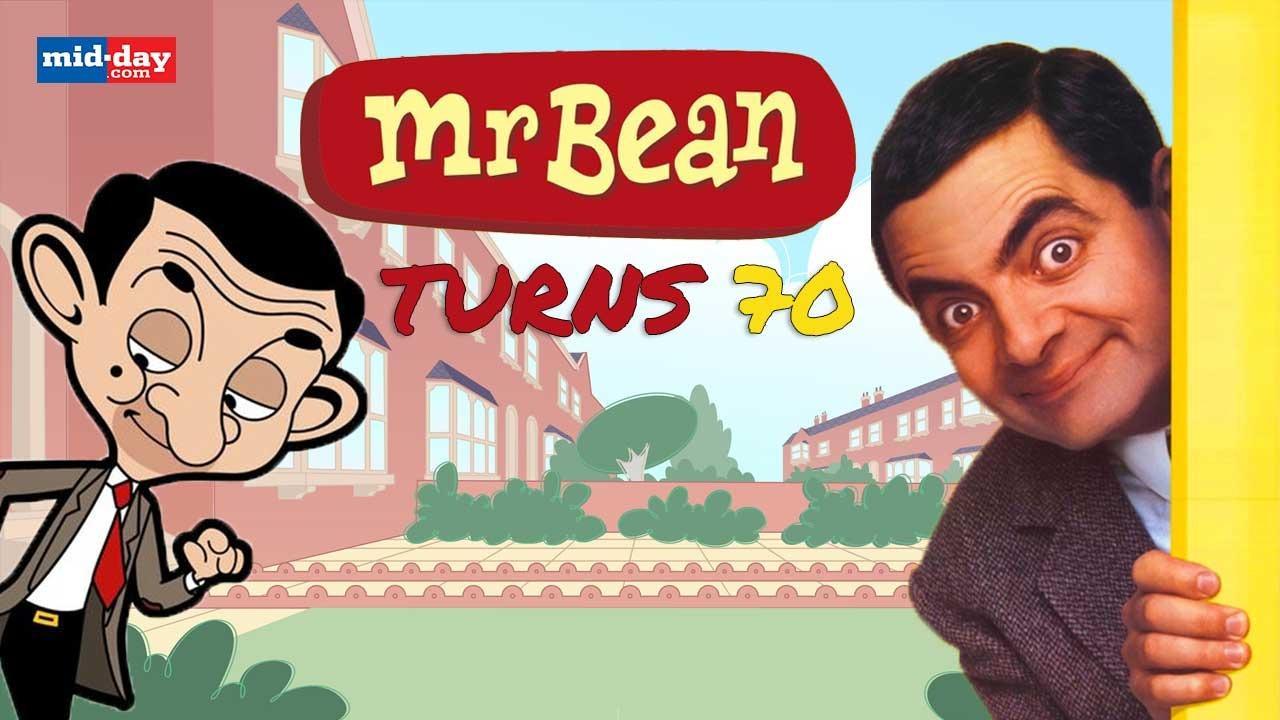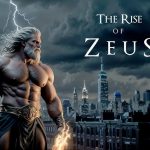Rowan Atkinson Turns 70: A Comedic Genius Who Changed the World with Silence and a Raised Eyebrow

Rowan Atkinson Turns 70: A Comedic Genius Who Changed the World with Silence and a Raised Eyebrow
On a quiet day in January, a man in a crisp green suit holds a birthday cake with glowing candles that read “70.” Behind his gentle smile lies the face of a legend—a man whose humor transcended language, who redefined physical comedy, and who, without saying a word, brought laughter to every corner of the world.
Happy 70th birthday to Rowan Atkinson, the beloved British comedian best known as Mr. Bean, but whose career spans decades, genres, and audiences of all ages. From university sketch shows to global stardom, Rowan Atkinson’s journey is not just one of laughter, but of persistence, intelligence, and a deep understanding of the power of performance.
This is more than a birthday celebration. It’s a reflection on a man who made the world laugh by simply being—clumsy, awkward, wildly expressive—and profoundly human.
From Newcastle to Notoriety: The Making of a Comedian
Rowan Sebastian Atkinson was born on January 6, 1955, in Consett, County Durham, England. The youngest of four boys, Rowan grew up in a farming family. Shy and introspective, he rarely fit the traditional image of a class clown. Yet even as a child, he displayed a fascination with electronics, performance, and, curiously enough, facial expressions.
Educated at Durham Choristers School and later St. Bees School, he eventually attended Newcastle University, studying electrical engineering. But fate had other plans. While earning his master’s at The Queen’s College, Oxford, Atkinson began performing with the Oxford University Dramatic Society. There, he developed a distinct comedic style—rooted in silence, gesture, and unexpected timing.
It was also at Oxford that he met Richard Curtis, the future screenwriter of Love Actually and Notting Hill, who became Atkinson’s long-time collaborator.
Breaking In: Not the Loudest Voice, But the Funniest Face
Atkinson’s first big break came with the BBC sketch show “Not the Nine O’Clock News” in the late 1970s. Unlike his more traditional, joke-telling contemporaries, Atkinson’s humor relied on nuance, absurdity, and character.
He was often the silent type in a noisy world. His expressive face, rubbery eyebrows, and genius-level understanding of physical movement gave his characters a life few others could replicate.
What followed was the launch of the “Blackadder” series in the 1980s, a clever and darkly funny period comedy where Atkinson played Edmund Blackadder—a cynical, cunning anti-hero across multiple generations of British history. His verbal acrobatics in Blackadder II and Blackadder Goes Forth remain some of the most brilliant performances in British television history.
Mr. Bean: The Character Who Spoke to the World Without Words
Then came the role that would cement his legacy forever: Mr. Bean.
Premiering in 1990, Mr. Bean featured a bumbling, mostly silent man navigating everyday situations in the most unconventional (and hilarious) ways possible. There was very little dialogue, and none was necessary. Atkinson, as Bean, relied on exaggerated facial expressions, slapstick, and surreal problem-solving.
A toothbrush in the eye. A turkey on the head. A Mini Cooper driven from the roof. A birthday card addressed to himself. Mr. Bean became a phenomenon—not just in the UK, but globally.
Because Mr. Bean rarely spoke, the character transcended language barriers. The show was syndicated in over 190 countries and became a global cult classic. Children adored him, adults admired the craftsmanship, and comedians took notes.
Atkinson later admitted that the character was inspired partly by the French silent comedian Jacques Tati, and his own desire to create a timeless, universal form of comedy.
“Mr. Bean is a child in a grown man’s body,” he once said. “What’s funny is how serious he is in his absurdity.”
https://www.youtube.com/watch?v=z43sW_0Ry8k
The Johnny English Series: Comedy Meets Action
After conquering TV, Atkinson took his talents to the big screen—this time, spoofing the action genre in Johnny English (2003), and later in two sequels. The character—a bumbling MI7 agent with misplaced confidence—offered Atkinson a new playground: blending physical comedy with gadgets, car chases, and international intrigue.
While Johnny English never reached the heights of Mr. Bean in terms of legacy, it showcased Atkinson’s versatility and ability to parody without losing the core of his humor. The series grossed over $479 million worldwide, proving that slapstick still sells.
Rowan Atkinson Off-Screen: The Man Behind the Laughter
Despite his status as a comedy legend, Rowan Atkinson has always been a deeply private individual. Known for his reserved nature, Atkinson rarely gives interviews, avoids the celebrity spotlight, and focuses instead on his passions: acting, engineering, and cars.
Yes, cars. A self-proclaimed gearhead, Atkinson has owned an impressive collection of luxury vehicles over the years, including a McLaren F1—which he famously crashed twice. He also holds a degree in electrical engineering and once contributed articles to car magazines, offering technical insights with the same precision he brought to comedy.
Offstage, he is known for his sharp intellect and perfectionism. Directors have described him as meticulous, rehearsing scenes dozens of times to fine-tune the timing of a single eyebrow raise or stumble. That commitment is what separates Atkinson from his peers.
Legacy and Influence: A Comic Language of His Own
Rowan Atkinson didn’t just make people laugh—he shaped an entire generation of comedy. His influence is evident in countless comedians, animated characters, and YouTube creators who use physical expression as their main form of storytelling.
Think about this: in a time when memes, GIFs, and silent reaction videos dominate the internet, Mr. Bean’s comedy feels more relevant than ever.
He gave us:
-
The image of a man frantically dressing in his car.
-
A Christmas nativity scene with dinosaurs and tanks.
-
The face of frustration while trying to thread a needle.
-
A heartfelt goodbye in the form of a teddy bear hug.
Mr. Bean is now an icon for multiple generations. Parents introduce him to their children. Teachers use his sketches in language-free classrooms. Hospitals play his clips in pediatric wards. His humor heals.
And even today, Atkinson’s sketches continue to rake in millions of views on platforms like YouTube, where he holds a combined digital audience that rivals modern influencers.

Controversies and Complexity: A Defender of Free Speech
Rowan Atkinson is not without his share of controversy. Over the years, he has voiced strong opinions about free speech and comedy censorship, particularly defending the right to joke about religion, politics, and public figures.
“The right to offend is far more important than the right not to be offended,” he once said during a campaign for reforming UK hate speech laws.
While some viewed his comments as provocative, others saw him as a champion for artistic freedom in an increasingly sensitive world. Love him or disagree with him, Atkinson has always stood by what he believes in—whether in silence or in speech.
Rowan Atkinson at 70: What’s Next?
As he celebrates his 70th birthday, Atkinson shows no signs of slowing down. In recent interviews, he hinted at working on a new project—a dramatic role, possibly in theater. He has also expressed interest in writing more and even stepping behind the camera.
But for fans, the legacy is already secure. Whether he ever returns as Mr. Bean or Johnny English, Rowan Atkinson has etched his place in comedy history.
In 2021, he even returned as an animated version of Mr. Bean in “Man vs. Bee”, a Netflix comedy miniseries that introduced Bean’s spirit to a new generation.
The Final Bow (But Not Really)
In a career spanning over 40 years, Rowan Atkinson has done something few comedians can claim: he has made the world laugh without words.
In his silence, he spoke volumes. In his awkwardness, we found comfort. In his misadventures, we saw pieces of ourselves.
And so today, as the candles flicker atop that blue birthday cake with golden letters—“70 ROWAN ATKINSON”—the world pauses to say not just Happy Birthday, but Thank You.
Thank you for making us laugh when we didn’t feel like it.
Thank you for reminding us that humor doesn’t need translation.
Thank you for showing us that sometimes, the greatest comedians are the quietest ones.












